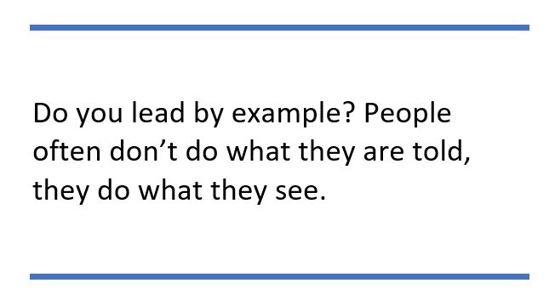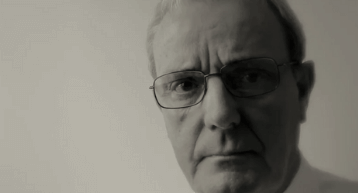This is the third installment in a new exclusive series with AM-online from Dr William Holden, chairman of Sewells, in which he provides his monthly Executive View sharing insights into people and performance management to help automotive retail leaders to inspire, motivate and guide their dealership teams more effectively.
Building and retaining an engaged and high performing team is more critical today than ever in order to thrive in these challenging times. Effective, high performing teams don’t just happen by chance - it takes insightful, skilful, disciplined, focused action in the right areas when each team member is expected to make a significant contribution to team results.
 High performing teams are, by their very nature, clear about and deeply committed to their purpose, the outcomes they want to see and to one another.
High performing teams are, by their very nature, clear about and deeply committed to their purpose, the outcomes they want to see and to one another.
They are energised by performance challenges, which are meaningful to them and focus on tackling these collectively, and collaboratively, to further enhance their results both individually and as a team.
Now, ask yourself the following four questions…
1) Do you know where you are going as a business and as a team? And can you articulate it in a way that captures your people’s hearts and minds to WANT TO come with you?
Creating an aspirational, evocative, and crystal-clear vision for ‘where you’re going’ helps point people in the right direction and work together towards achieving the agreed outcomes.
Remember: “If your people don’t stand for something, they’ll fall for anything”.
The vision needs to be supported by values and day to day behaviours to establish “how we, as a team, work together” (If you’ve not got this, you won’t have a high performing team)
2) Do you have the right culture (i.e. what people think, feel and believe), so that the right behaviours are exhibited day in, day out, in order to exceed objectives?
Remember: “Culture eats strategy for breakfast, every single day”.
The culture should be strong enough to identify the roles people play in the team – the players, the supporters, the cynics and the knockers.
The culture should be strong enough to turn the cynics and knockers into players or supporters. Or, if they choose not to turn around, to get them to 'go and share their joy somewhere else'.
3) Do the team players know what the key strategies are, and are they are capable enough to deliver what is expected?
Most people we meet don’t know what the strategies are, or how to make them “come alive”.
4) Do you lead by example? Are you setting a stellar, role model, example that your team is following?
People often don’t do what they’re told, they do what they see.
 If any of your teams are not currently high performing in every way, it may be time to consider adopting some of the above and take a new direction towards operational excellence.
If any of your teams are not currently high performing in every way, it may be time to consider adopting some of the above and take a new direction towards operational excellence.



















Login to comment
Comments
No comments have been made yet.